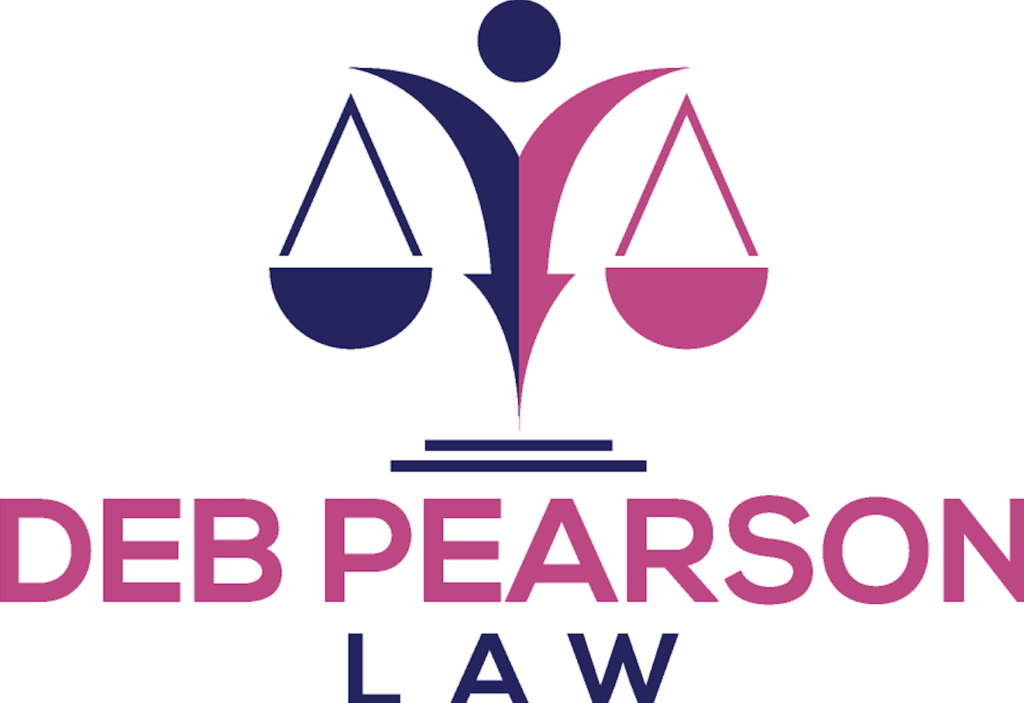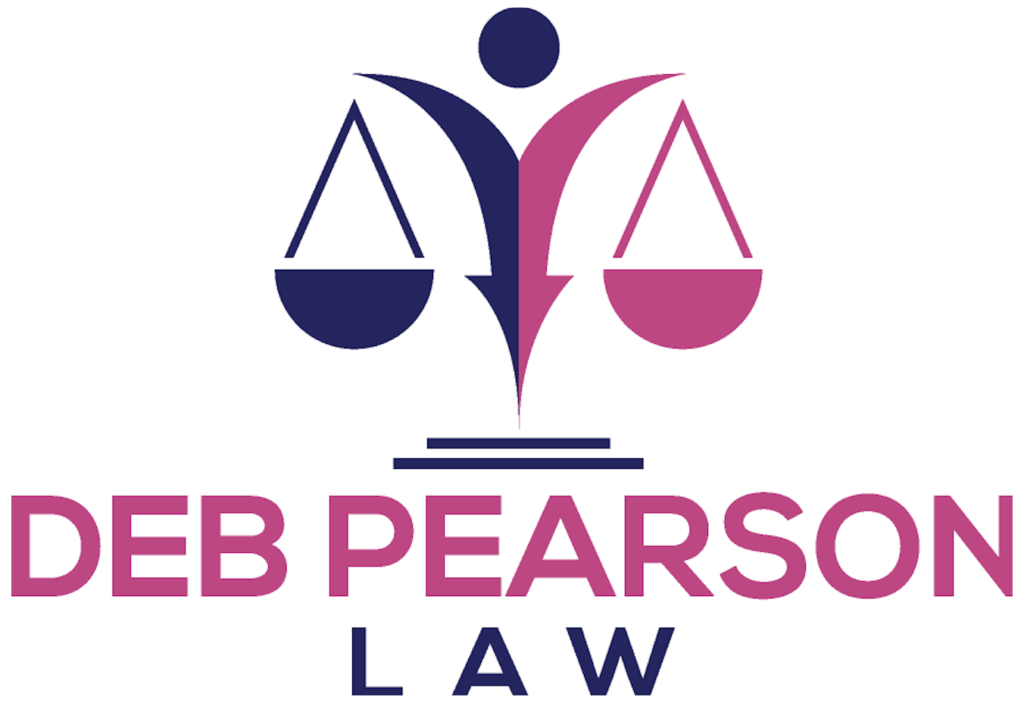Definition of Employment Discrimination:
Labor market discrimination is defined as the
…..differential (not different) treatment of two equally qualified individuals based on race, color, religion, national origin, ancestry, sex, gender identity, age, criminal record (inquiries only), handicap, mental illness, retaliation, sexual harassment, sexual orientation, active military personnel, and genetics. Employers also have an affirmative responsibility to provide parental leave to biological and adoptive parents.
Discrimination is the main source of inequality in the labor market and is seen in the persistent gender and racial earnings disparity in the U.S. For example, the economist Deborah Figart [1997] defines labor market discrimination as “a multi-dimensional interaction of economic, social, political, and cultural forces in both the workplace and the family, resulting in different outcomes involving pay, employment, and status”. That is, discrimination is not only about measurable outcomes but also about unquantifiable consequences. It is important to note that the process is as important as the outcomes.
Discrimination is the main source of inequality in the labor market and is seen in the persistent gender and racial earnings disparity in the U.S. For example, the economist Deborah Figart [1997] defines labor market discrimination as “a multi-dimensional interaction of economic, social, political, and cultural forces in both the workplace and the family, resulting in different outcomes involving pay, employment, and status”. That is, discrimination is not only about measurable outcomes but also about unquantifiable consequences. It is important to note that the process is as important as the outcomes.




